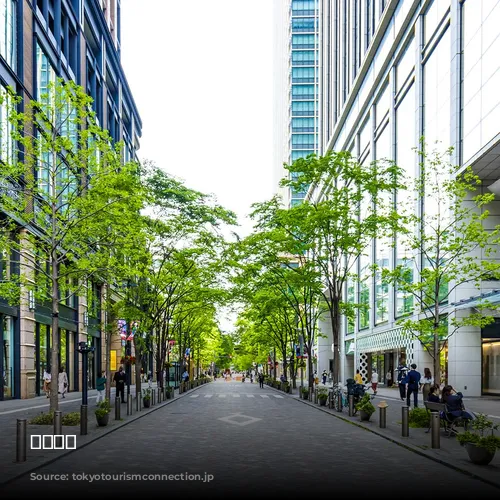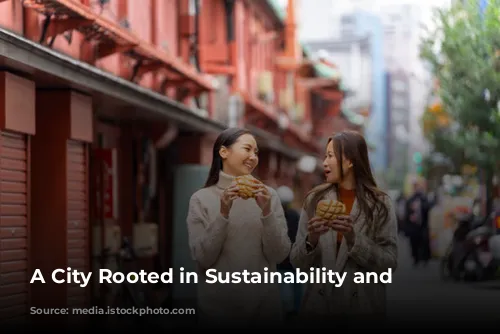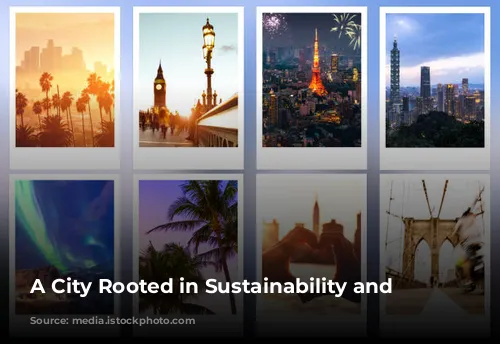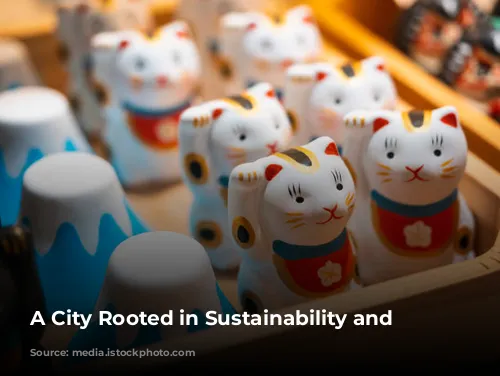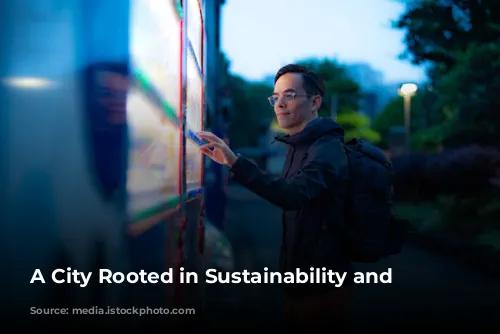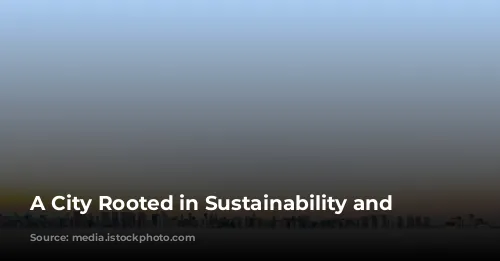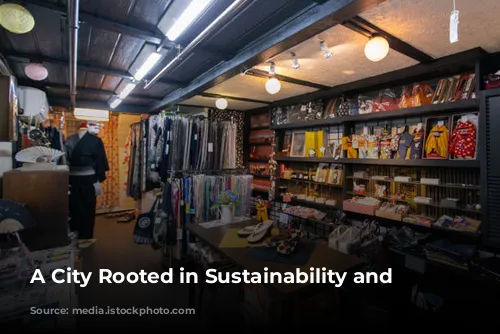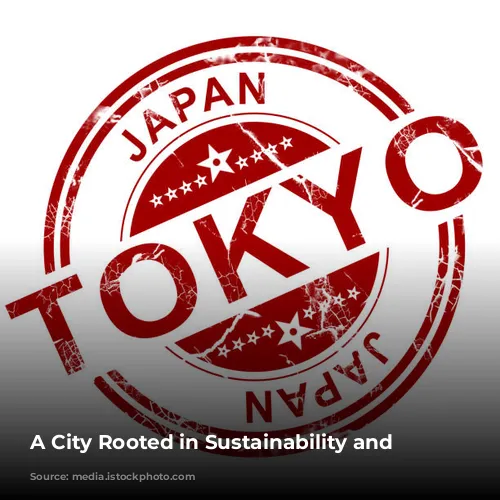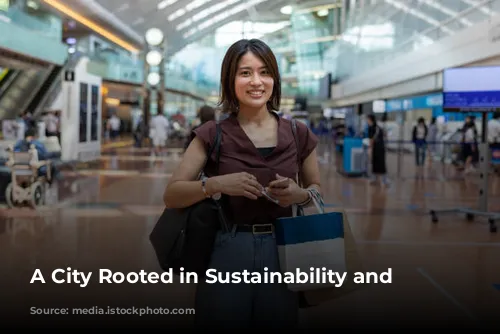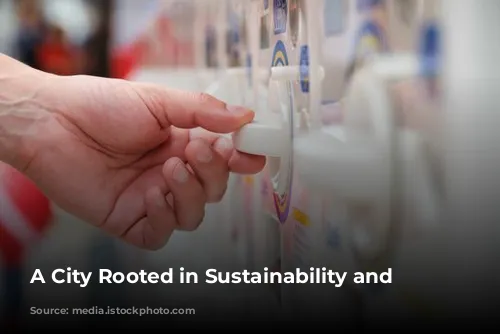Tokyo, a metropolis boasting over 300 years of history, embraces a forward-thinking approach to urban planning. It’s not just about modern innovation, but also about respecting the city’s rich heritage and culture. This unique blend of the old and the new has earned Tokyo a place as a leading green city, where sustainability is woven into the fabric of daily life. Tokyo’s green design started centuries ago, with magnificent gardens built on feudal estates and forests surrounding temples and shrines. These natural landscapes, along with numerous parks near downtown areas, make up a total of 80,000 hectares of green spaces.
Tokyo has long been recognized as a global leader in eco-friendly practices, promoting the use of renewable energy and zero-emission vehicles. This commitment has driven Tokyo to set an ambitious goal: achieving “Zero Emission Tokyo” by 2050. The city’s green area ratio, at a remarkable 52.5%, is a testament to its dedication to sustainability.

A Blend of Tradition and Cutting-Edge Innovation
Tokyo’s vibrant culture is a tapestry woven with threads of tradition and modernity. Modern architecture, cutting-edge fashion, and animated entertainment stand side-by-side with ancient shrines, historic buildings, and traditional arts. This captivating blend of the old and the new is a reflection of Tokyo’s history as a cultural hub and a center of innovation.
Edo, the former name of Tokyo, flourished as a gathering place for diverse cultures from across Japan. This historical legacy fostered a spirit of adaptation and change, leading to Tokyo’s remarkable ability to embrace progress while honoring its past. This spirit of adaptability is a key pillar of the city’s social sustainability.
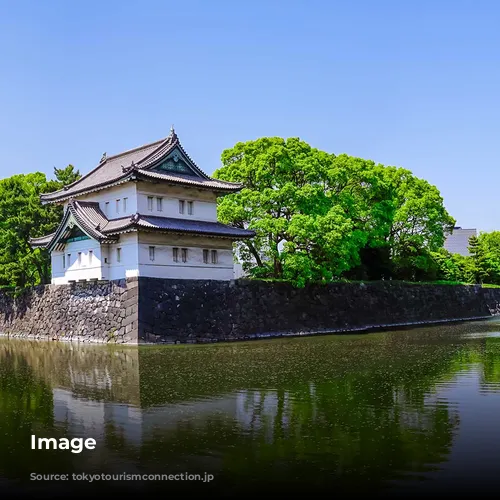
A Smart City Built on Technology and Safety
Tokyo is a high-tech smart city at the forefront of innovation. Advanced robotics, artificial intelligence, and digital technologies seamlessly integrate into everyday life. During the 2020 Tokyo Olympic and Paralympic Games, robots played a vital role in ensuring safety and security, demonstrating the city’s commitment to a sustainable future.
Tokyo’s commitment to safety and security is deeply ingrained in its culture. The city has long been known for its high standards of hygiene and sanitation, which are recognized internationally. Tokyo’s reputation as a safe and clean city is further bolstered by its comprehensive crime control strategies and advanced emergency response systems.
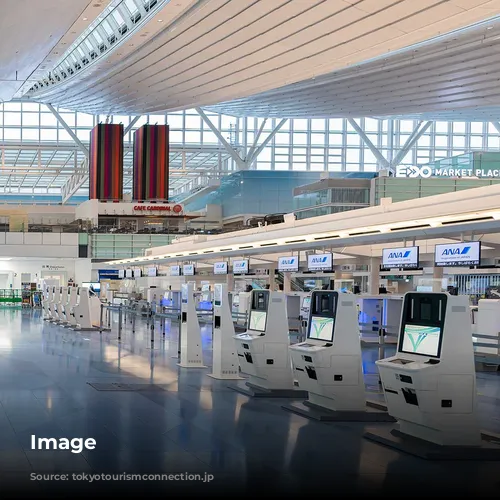
A City That Prioritizes Safety and Wellbeing
Tokyo consistently ranks among the safest cities in the world. The Economist Intelligence Unit, for example, ranked Japan at the top of the Health Security category in the Safe Cities Index. This recognition highlights Tokyo’s commitment to the health and wellbeing of its residents and visitors.
The city’s emphasis on hygiene and sanitation is evident in many aspects of daily life. Hand washing, gargling, and mask-wearing have long been common practices, even before the COVID-19 pandemic. These traditions, combined with strict infection control measures, have helped Tokyo maintain a high level of safety and security.
Tokyo’s commitment to creating a safe and welcoming environment for all is exemplified by its low crime rate and well-equipped police force. With police boxes and substations located throughout the city, emergency services can be dispatched quickly and effectively. These measures create a sense of security for residents and visitors alike.
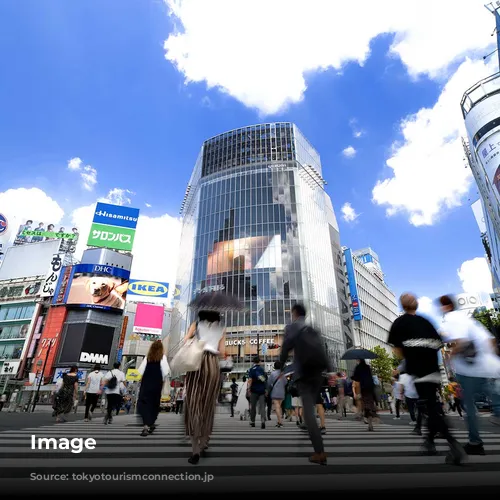
A City That Welcomes the World
From its commitment to sustainability and technological advancement to its dedication to safety and cultural heritage, Tokyo offers a unique and remarkable blend of modernity and tradition. This captivating city welcomes visitors from around the world, inviting them to experience its vibrant culture, its welcoming atmosphere, and its commitment to a sustainable future.
